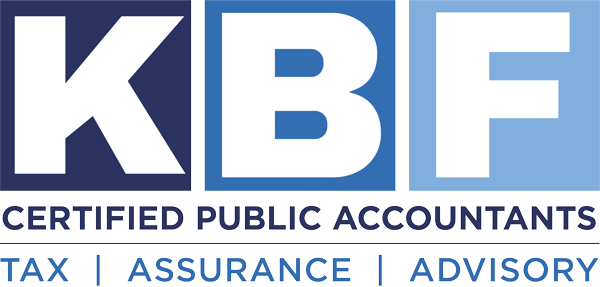Executive Order Allows Tax Deferral of Social Security Tax for Employees

On August 9, 2020, President Trump signed an executive order that allows for the deferral of withholding, deposits, and payments of the employee portion of Social Security tax from September 1 to December 31, 2020. Further to this, on August 28, 2020 the Treasury issued Notice 2020-65 providing guidance on the implementation of President Trump’s executive order.
Eligibility Requirements
The deferral is only available to employees whose biweekly compensation is less than $4,000, or $104,000 per year. The $4,000 is evaluated on a per payroll period basis. Additionally, only the employee portion of the Social Security tax is deferred. The employee portion of the Medicare tax is not impacted by the executive order. The executive order came into effect on September 1 and will end on December 31, 2020. Employers are not required to defer the withholding or deposit of Social Security tax. Notice 2020-65 provides only that no interest and penalties will be imposed if the employer does not deposit the tax.
Future Developments
The deferred taxes must be “repaid” because they are currently only deferred per the guidance released, and not forgiven. Under existing tax law, an employer is liable for payroll taxes, including the employee portion of Social Security taxes, even if it is not withheld from an employee. Nothing in the Treasury guidance or the Presidential Memorandum changes that principle.
The Notice explains that an employer must repay the deferred tax by withholding extra social security taxes ratably from wages paid to employees whose Social Security tax was deferred between January 1, 2021, and April 30, 2021 (resulting in lower employee net pay during that period). If an employer fails to “repay” the deferred taxes, interest and penalties will be imposed on the employer with respect to the unpaid or underpaid amount beginning May 1, 2021.
This is not the first time that Social Security tax relief has been given to taxpayers. In 2009 and 2010, a tax credit of $400 was given to individuals and $800 to families during the Obama administration. However, this was done through legislation, not through an executive order. When it comes to the collection of deferred tax in 2021, the Payroll Tax Deferral program leaves many questions unanswered, including whether state laws even allow deduction of deferred taxes from future earnings.
